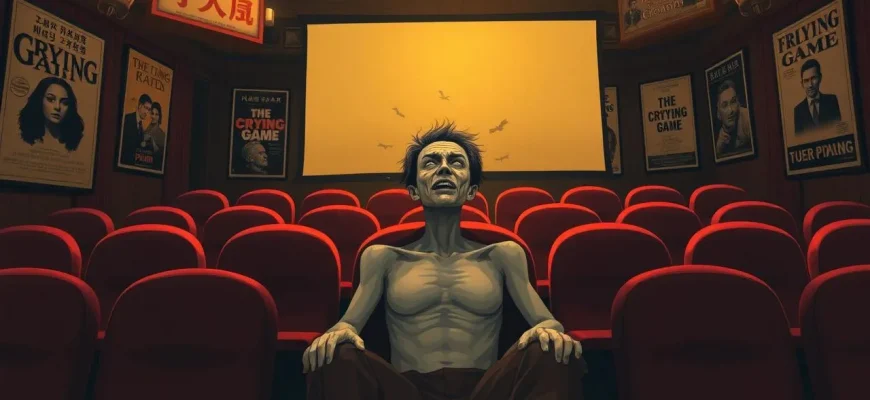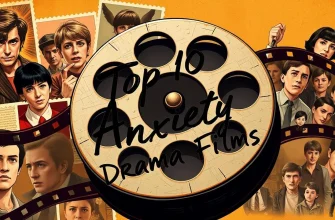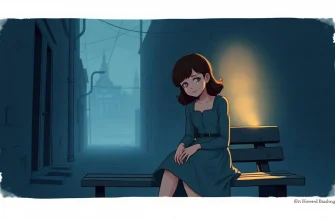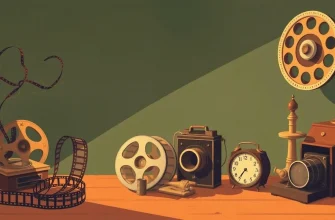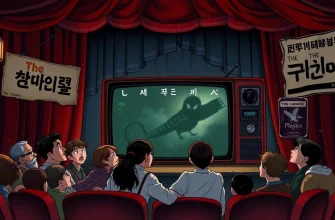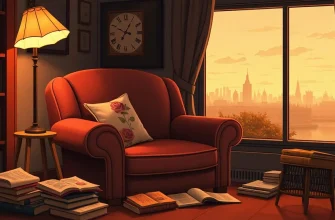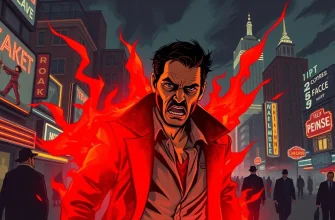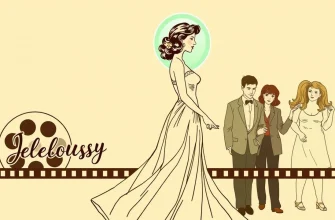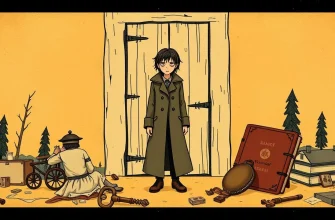If you're in the mood for some intense emotional experiences, these films are just what the doctor ordered. From raw outbursts to quiet breakdowns, each movie in this collection showcases the power of hysteria in storytelling. Whether you're looking for a cathartic release or simply want to witness the human psyche under pressure, these films will take you on a journey through the highs and lows of human emotion.
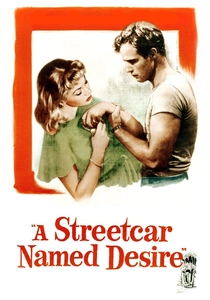
A Streetcar Named Desire (1951)
Description: Vivien Leigh's portrayal of Blanche DuBois is a masterclass in hysteria, showcasing the character's fragile mental state and her ultimate breakdown.
Fact: The film was adapted from Tennessee Williams' play, and Marlon Brando's performance as Stanley Kowalski was groundbreaking for its time.
 Watch Now
Watch Now
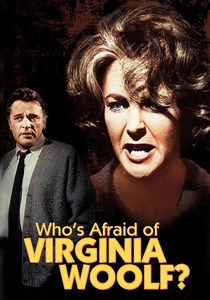
Who's Afraid of Virginia Woolf? (1966)
Description: A night of alcohol-fueled hysteria as a married couple engages in verbal warfare, exposing their deep-seated frustrations and delusions.
Fact: Elizabeth Taylor and Richard Burton, who were married in real life, brought their own tumultuous relationship to the screen, adding authenticity to their performances.
 Watch Now
Watch Now
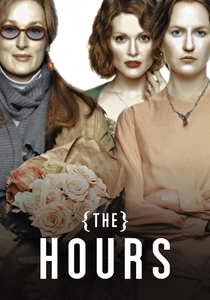
The Hours (2002)
Description: This film explores the lives of three women across different time periods, each dealing with their own form of hysteria, from Virginia Woolf's mental breakdown to modern-day struggles with identity and depression.
Fact: Nicole Kidman won an Academy Award for Best Actress for her portrayal of Virginia Woolf, despite wearing a prosthetic nose.
 Watch Now
Watch Now
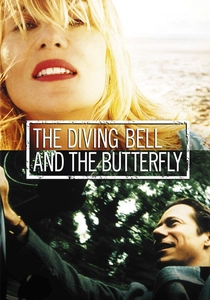
The Diving Bell and the Butterfly (2007)
Description: Jean-Dominique Bauby's story of living with locked-in syndrome is a poignant exploration of internal hysteria and the struggle to communicate.
Fact: The film was shot from Bauby's perspective, with the camera often representing his point of view, enhancing the viewer's empathy for his condition.
 Watch Now
Watch Now
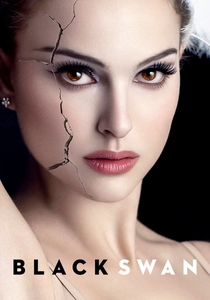
Black Swan (2010)
Description: A ballet dancer's descent into madness as she strives for perfection. The film captures the hysteria of artistic obsession and the pressure to perform.
Fact: Natalie Portman trained for a year to perform the ballet sequences, and the film's psychological intensity was achieved through a combination of practical effects and CGI.
 Watch Now
Watch Now
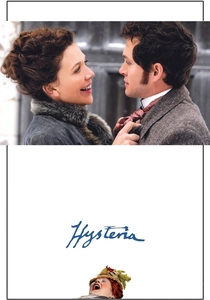
Hysteria (2011)
Description: This film dives into the Victorian era's treatment of female hysteria, offering both comedic and dramatic elements. It's a unique take on hysteria, blending historical context with modern humor.
Fact: The film was inspired by the true story of the invention of the vibrator. Maggie Gyllenhaal improvised many of her scenes, adding to the film's authenticity.
 Watch Now
Watch Now
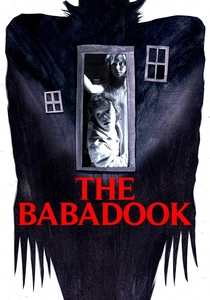
The Babadook (2014)
Description: A mother's hysteria is brought to the forefront as she battles both her grief and a sinister presence in her home, leading to a psychological breakdown.
Fact: The film was initially banned in certain countries due to its intense psychological horror elements.
 Watch Now
Watch Now
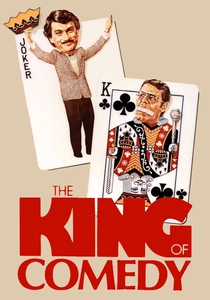
The King of Comedy (1982)
Description: Rupert Pupkin's delusional hysteria leads him to kidnap a famous comedian in a desperate bid for fame. The film explores the thin line between reality and fantasy.
Fact: Robert De Niro's character was inspired by real-life incidents involving stalkers of Johnny Carson.
 30 Days Free
30 Days Free
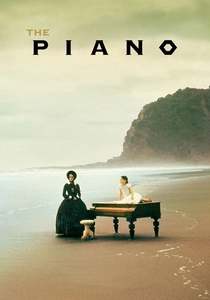
The Piano (1993)
Description: Ada's mute hysteria is portrayed through her intense relationship with her piano, symbolizing her inner turmoil and emotional expression.
Fact: Holly Hunter learned to play the piano for the film, and her performance earned her an Academy Award for Best Actress.
 30 Days Free
30 Days Free
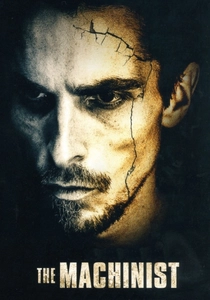
The Machinist (2004)
Description: Trevor Reznik's insomnia-induced hysteria leads him down a dark path of paranoia and self-destruction, blurring the lines between reality and hallucination.
Fact: Christian Bale lost over 60 pounds for the role, showcasing his commitment to portraying the character's physical and mental deterioration.
 30 Days Free
30 Days Free

